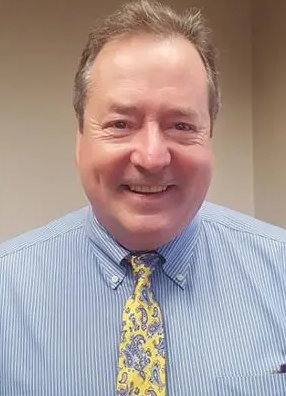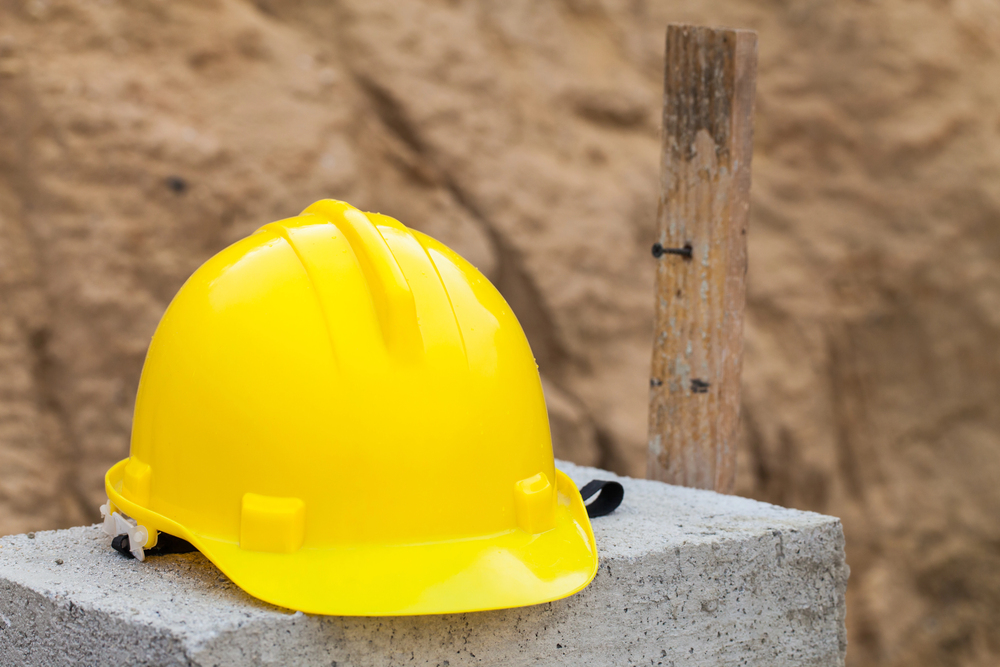From the Front Lines: Environmental Liability

John W. “Bill” Braley III
Sr. Vice President
Braley Wellington Insurance Agency
Worcester, Massachusetts
How did you get started at your agency?
Back in the 1980s, my relative, Tom Braley, wanted me to join the insurance agency in commercial lines. To prepare, I started working for Travelers in 1981 as a commercial lines underwriter. I joined Braley Wellington Insurance Agency in 1984.
Why environmental liability?
The agency was writing heating oil dealers, gasoline retailers, and wholesale petroleum distributors, all of which needed pollution coverage to meet emerging federal and state financial responsibility requirements. Environmental insurance became a market segment for us, complementing the type of business we were already writing.
Biggest environmental liability changes?
Recognition and coverage for environmental exposures has moved well beyond regulatory compliance and obvious pollution exposures to an understanding that environmental exposures can be found in all types of businesses.
It also covers bodily injury, including exposures related to human health, such as mold, pathogens, and air-quality issues. That implicates all kinds of industries, such as hospitality, habitational, healthcare, and more. Insurers have responded by including sub-limits and exclusions on policies and implementing more cautious underwriting and pricing.
Biggest challenges?
As a general broker, it’s very challenging to keep up with the constant changes in the environmental insurance market, including the insurers, underwriting facilities, and coverages they are willing to write. There are no standard coverage forms or pricing models for these exposures.
Future of environmental liability?
Traditional environmental insurance, such as coverage for storage tanks and site pollution exposures, is widely available. But once you go beyond traditional pollution coverage, such as bodily injury exposures, you can expect significant diversity in underwriting, coverage, and pricing.
Environmental liability advice for a fellow agent?
I recommend partnering with a wholesale broker with expertise in environmental insurance. They’ll have access to markets and can help you compare proposed coverage options. But even then, be prepared to spend the time required to obtain the necessary underwriting information and to make sure you understand what’s needed in the specific situation.
Favorite success story?
I wrote a site pollution policy for the redevelopment of a manufacturing site that contained a number of pollution conditions. It was quiet for many years until I received a call from an environmental consultant who represented the insured. He asked if the coverage was still in force, which it was, and described to me an air-quality issue that could not be resolved.
The unfortunate conclusion was that the building needed to be demolished. The good news for the insured was that it was covered. The good news for the insurer was that the cost of demolishing the building was well below the policy limit.
AnneMarie McPherson is IA assistant editor.










